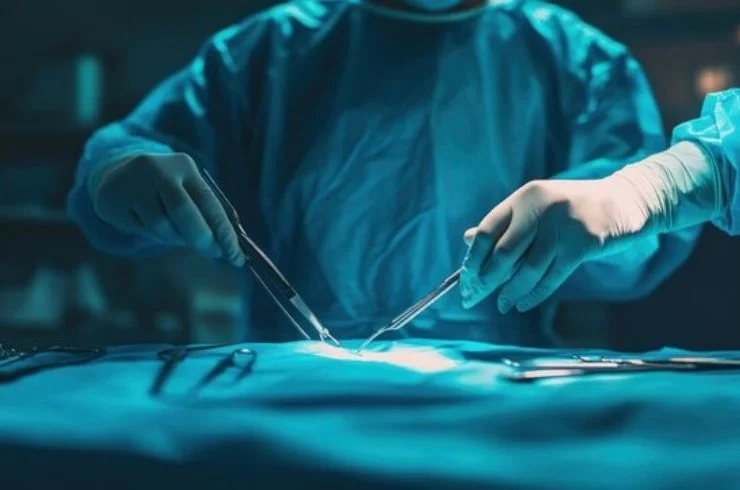
The gallbladder is a small organ located beneath the liver that stores bile, a substance that helps in the digestion of fats. While the gallbladder is not essential for life, problems such as gallstones, inflammation, or infection can lead to severe health issues. At Saru Hospital, we offer advanced diagnostic and surgical solutions to treat gallbladder diseases, providing both non-surgical and surgical treatment options to ensure the best outcomes for our patients. Whether you require a gallbladder removal (cholecystectomy) or have other gallbladder concerns, our expert team is here to provide the highest standard of care.
Gallbladder disease refers to various conditions that affect the gallbladder, leading to symptoms such as pain, nausea, and digestive issues. The most common conditions include:
The symptoms of gallbladder problems can vary, but common signs include:
To diagnose gallbladder disease, the medical team at Saru Hospital uses advanced diagnostic tools to evaluate your symptoms and confirm the condition:
The treatment for gallbladder disease depends on the severity of the condition. At Saru Hospital, we offer both non-surgical and surgical treatments:
In some cases, if the symptoms are mild or the disease is in its early stages, non-surgical treatments may be considered:
The most common and definitive treatment for gallbladder disease is the surgical removal of the gallbladder, known as cholecystectomy. There are two main types of cholecystectomy performed at Saru Hospital:
Laparoscopic cholecystectomy is the preferred method for removing the gallbladder. It is a minimally invasive procedure that offers several advantages:
In certain cases, such as when the gallbladder is severely inflamed or infected, or if there are complications, an open cholecystectomy may be necessary. This procedure involves making a larger incision in the abdomen to remove the gallbladder. While recovery time is longer, the surgery is highly effective in treating complicated cases of gallbladder disease.
Following gallbladder surgery, it is important to follow the post-operative care instructions to ensure a smooth recovery:
If you’re experiencing symptoms of gallbladder disease or have been diagnosed with gallstones or other gallbladder conditions, contact Saru Hospital today. Our expert team will provide the care you need to treat your condition and help you regain your health. Schedule a consultation to learn more about our surgical options for gallbladder treatment.
Yes, gallbladder removal (cholecystectomy) is considered a major abdominal surgery. Patients may experience some pain, nausea, and vomiting after the procedure. Most people can leave the hospital the same day or the day after laparoscopic gallbladder surgery once they can tolerate liquids or a regular diet. Activity level depends on how the patient feels during recovery.
After gallbladder removal, the liver will continue to produce bile to help digest food. However, instead of being stored in the gallbladder, the bile will drip directly into the digestive system. Patients may have been advised to follow a special diet before surgery, but this is usually not necessary after the procedure.
Cholecystectomy is a common and safe operation, usually with a low risk of complications. In most cases, it is performed using minimally invasive techniques through small incisions, and patients can go home the same day as the surgery.
Gallbladder removal is considered a relatively safe procedure, but like any surgery, there is a small risk of complications.
Doctors may recommend gallbladder surgery if a patient experiences:
1. Repeated gallstone attacks
2. Severe pain from the attacks
3.Complications like inflammation of the gallbladder or pancreas
Doctors advise modifying the diet to avoid fatty, greasy, or spicy foods. Instead, focus on lean meats, low-fat dairy, and leafy green vegetables.